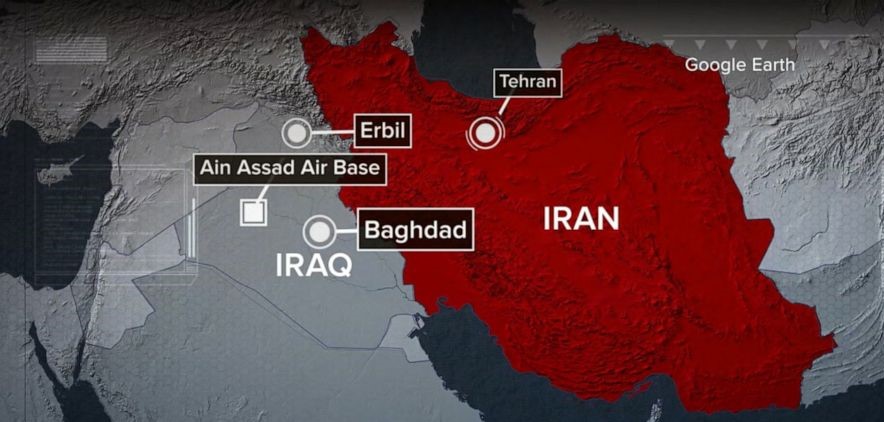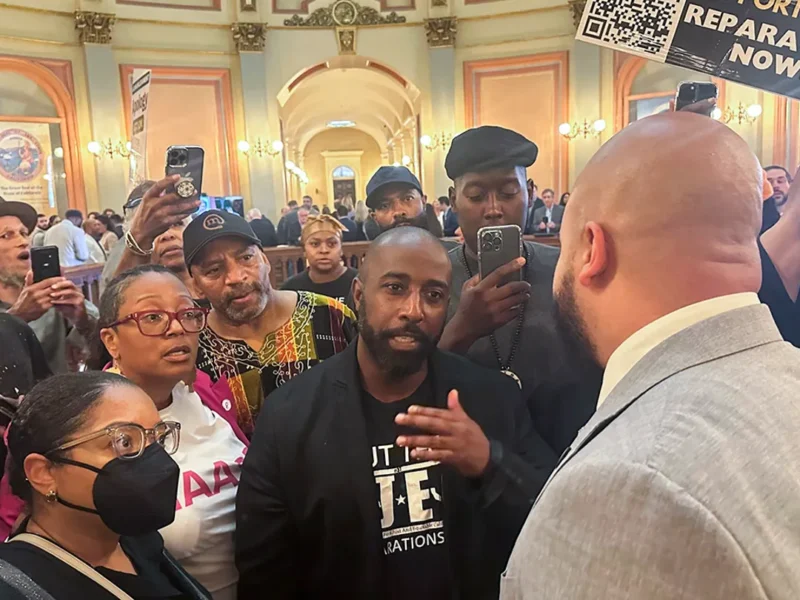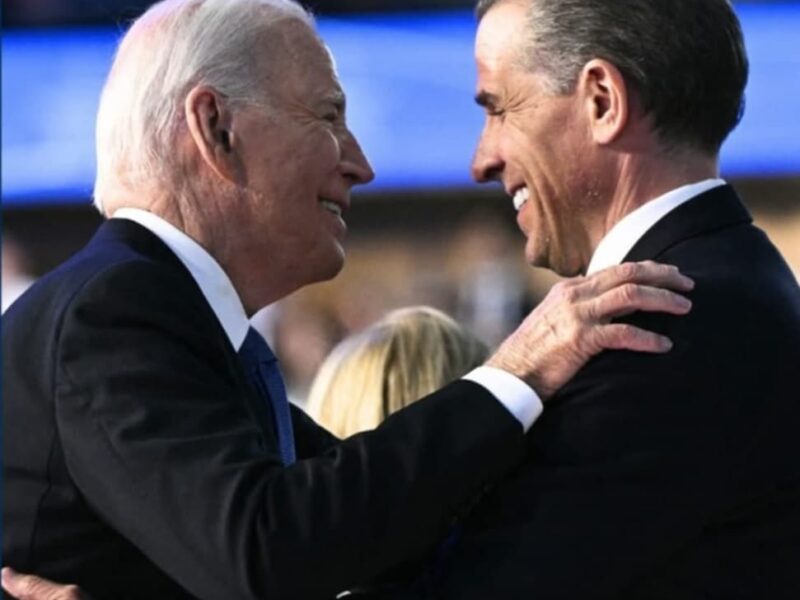Playing Poker with Iran
Iran has engaged it many acts of provocation against the United States and our allies over the past several years. The attack on the US Embassy in Iraq and the recent missile attack aimed at US forces in Iraq were only the latest incitements. President Trump has played his cards carefully avoiding the overreaction Iran has been trying to provoke. President Trump is winning the war of pretexts, the pre-war posturing that sets the stage and tenor for the conflict. In this unenviable position, and lacking a way out, Iran is going to be reluctant to incite a full scale war. The likelihood of a shooting war is much lower thanks to the position of strength that the administration has maneuvered itself into. Unlike the previous administration who surrendered without a fight. The President is also carefully avoiding an unnecessary full-scale war with Iran.
The Iran Deal
President Obama’s approach to the Middle East was much different than that of the current administration. He chose to negotiate with the terrorist regime in Iran in the hopes of convincing them to delay their nuclear program. The resulting Iran Nuclear Deal had no teeth or enforcement mechanisms and completely ignored the matter of delivery systems like ballistic missiles. Israeli Prime Minister Benjamin “Bibi” Netanyahu tried to warn the US Congress that the deal was a terrible idea. The Obama Administration wanted Iran to take the lead in fighting Islamic State. The Obama Administration approached the negotiations as if it was the United States that was desperate for a deal rather than that the Iranians. Desperate to free themselves from the shackles of the ever tightening sanctions without sacrificing their nuclear program or expansionist proxy wars, Iran played along. Iran was near collapse, and the Obama Administration breathed new life into the world’s leading state sponsor or terrorism.
Under the Iran Nuclear Deal, Iran continued to enrich uranium, perhaps more slowly than before, saw sanctions lifted that allowed their oil and products to sell around the world, and received $150 billion in impounded money held by the US. The Arab states and Israel, feeling let down by the US had to take matters into their own hand trying to contain Iran in its various proxy wars. With new found money, Iran intensified their support for Houthi Rebels in Yemen, for Hizbullah in Lebanon now also fighting on behalf of Bashar Al-Assad in Syria, and for Iraqi Shiite militias. Not to mention Hamas, the terrorist organization that controls the Gaza Strip along Israel’s south-western coast. This terrorist pseudo-state both terrorizes Israeli civilians by firing rockets at homes and schools and imposes an oppressive tyranny upon the Arab residents of the Gaza Strip.
Coordinating these proxy wars, organizing and planning operations, developing deadly military hardware, and disseminating money and weapons was Iranian General Qassem Suleimani. The commander of the infamous Quds (Jerusalem) Force, it was his role to lead Iran’s regional expansionist proxy campaigns. This man had much blood on his hands and much to answer for. So it was that he would meet his appointment with fate when Iranian provocation finally went too far.
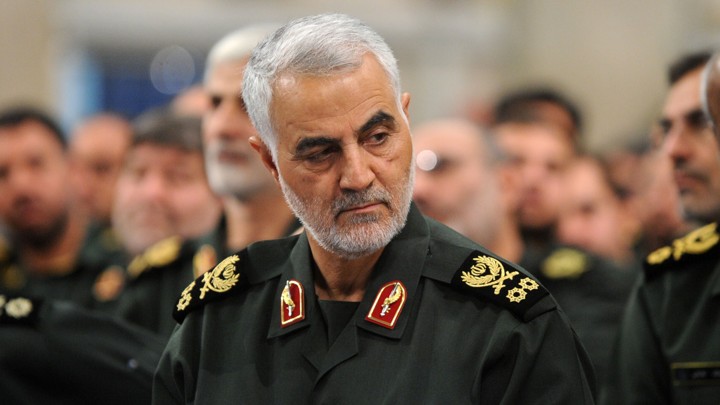
The Eagle Strikes
Over the past year alone there have been several attacks by Iran on US interests and allies. Not least of these was a drone strike on a Saudi oil field that threatened the global oil supply. There have also been several threats to free passage through the narrow Straight of Hormuz through which so much of the world’s oil supply passes, mostly eastward to other parts of Asia. President Trump has been hesitant to respond with force to these attacks. He has held back and taken the patient approach. When he took office President Trump abrogated the so-called Iran Nuclear Deal and reimposed sanctions on Iran, sanctions are more restrictive than before. As a result, the Iranian economy is contracting and the government is desperate. Protests broke out this year over fuel prices and as other commodities become more expensive, the protests will expand. The government’s response has been brutal: dozens of protestors have been beaten and arrested, several have died. Feeling the pressure from sanctions and the growing discord from within, Iran’s leaders, fanatical Shiite clerics called Ayatollahs, have been searching for some way to save face and preserve their power.
Thus, President Trump has waited patiently as the sanctions do their work and the Iranian leadership grows more desperate. The primary challenge is that Iranians are very patriotic. They know their government is a fascist, terrorist regime and many Iranians do not approve of the horrors their government has brought to the region. Nevertheless, if Iran is attacked, they will tend to band together to defend their country passionately.
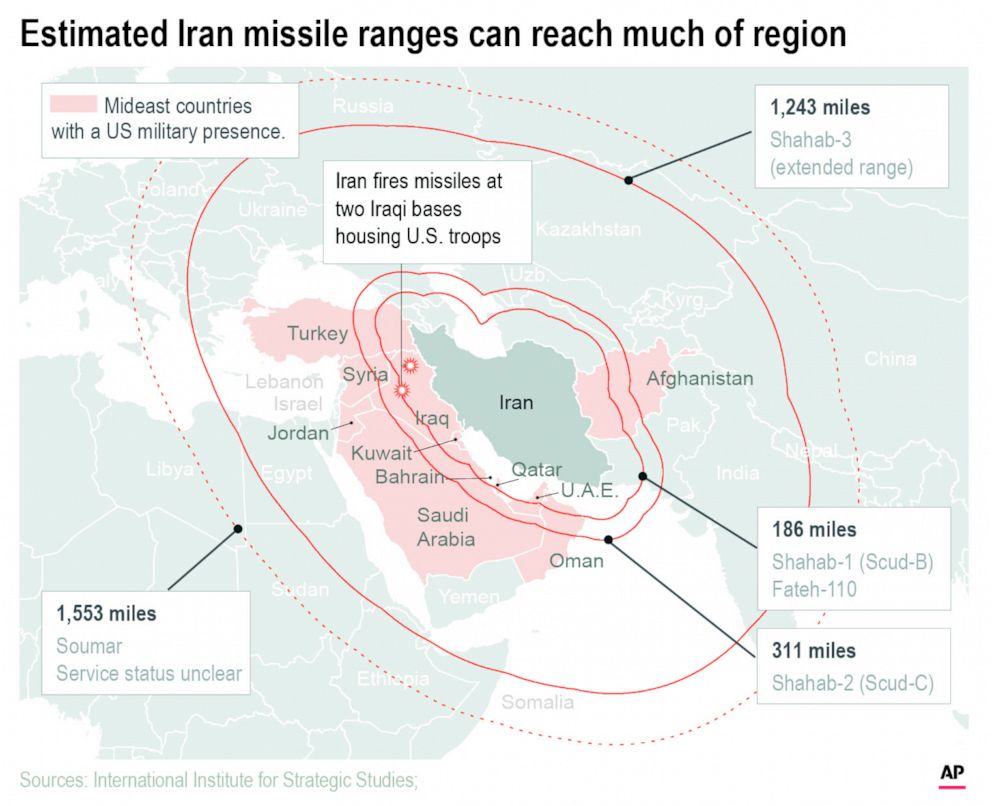
Iran also learned that they could gain leverage internationally by playing the underdog. During the Iran-Iraq War in the 1980’s, Iran was at first very much the underdog and they whined to the international media and anyone who would listen about the atrocities committed by then Iraqi dictator Saddam Hussein. Later, as the Iraqi Army pulled back, the Iranians would frequently bomb Baghdad, which was virtually defenseless, only to cry fowl when Iraq retaliated against Iranian targets. This is where Iran learned how to play the for advantage in the game of international press coverage. Iran is trying to drive the US out of the Middle East so they can expand their empire. They have been attacking through their proxies in Iraq, Syria, Yemen, and Lebanon/Syria. They would prefer that any direct conflict cast Iran in the most positive light as the victim of American aggression. In other words, they want to play their bluff without showing their hand or being called out. There is only one problem: President Trump is a better poker player than the Ayatollahs.
Persian Poker
President Trump’s patience demonstrates his grasp of the unique rules of this game. He has waited patiently without overreacting to Iran’s provocations. He is hitting them where it hurts: the economy. The President has also been allowing Israel and the Arabs to strike freely at Iranian proxies to contain Iran’s expansionism. Finally, the Trump Administration has refused to escalate the war in Syria by neither taking on the Iranian and Russian backed Assad regime nor by attempting the seize control of large tracts of the country such as the Kurdish regions, which would allow Iranian proxies access to vulnerable US forces. The President has secured the Syrian oil fields preventing Islamic State or any other group from taking control of them to finance a war, but he has refused to play into Iran’s hand. His administration has been keeping the pressure on the source of the problem: Iran.
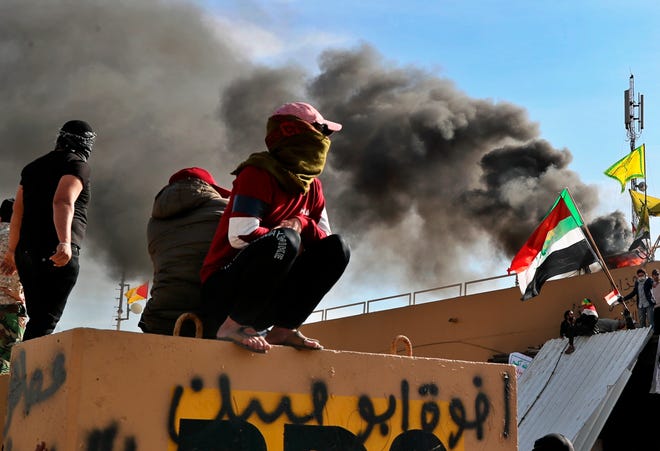
Growing increasingly desperate, the Iranians planned an attack on the United States Embassy in Iraq. Iran is no stranger to embassy attacks: in 1979 some 52 Americans were taken hostage at the US Embassy in Tehran and were tortured and terrorized while then President Jimmy Carter prevaricated and botched a rescue attempt. That until Iranian fear of an incoming Reagan Administration led to the immediate release of the hostages.
General Suleimani went to Iraq to plan another such proxy attack. The Trump Administration was presented by intelligence sources with a unique opportunity: the man behind these proxy wars and terrorism was going to be in Iraq to meet with the leaders of the Iraqi militias. The response to the attack on the US Embassy was swift, specific, and highly targeted to the source of the trouble. Far from the image of Donald Trump as some form of impulsive, bellicose, bungler, he went right to the heart of the problem. The assassination of the world’s foremost terrorist mastermind, a man whose exploits make Osama Bin Laden and Islamic State’s Al-Baghdadi look like rank amateurs, sent a powerful message right to the Iranian leadership: the United States is not going to play your game. The presence of Suleimani in Iraq is itself something of an embarrassment as it proves that the Iranian government was behind the attacks, that they are coordinating with events in Iraq, and that were clearly planning more operations. Suleimani’s death was thus a warning to Iran, evidence of Iranian aggression, and justice for the victims of Iranian-backed terror all at once.
The President’s Hand
Since these incidents in Iraq, the President has continued to maneuver his position to counter Iranian aggression. While the Iranian government has vowed revenge and the deaths of many Americans for this attack, President Trump is calling their bluff. He has promised retaliation against 52 sites in Iran, which he said could include “cultural heritage sites,” if the Iranians or their proxies attack US interests. The President may not have meant the kinds of targets that are protected by international law, which the pentagon would not attack, but the Iranians were certainly listening.
Last night’s attack on US forces in Iraq involved some 15 missiles fired from Iran. This is a relatively small scale response that did not cause the deaths of any Americans. The small, direct attack indicates that the Iranians are afraid to launch any larger attack and also that they are not at all confident of striking back with their proxy forces since their key terror coordinator is now deceased. Iran is clearly to blame for this series of events in spite of their attempt to spin this against the US. The Iranian people already know through Trump’s example to date that he does not intend to start a war. His administration has had many opportunities that could have been played to justify a war, not least of which the recent embassy attack. Yet, he has waited patiently responding to the specific threats emanating from Iran. The President’s forthcoming speech tonight will clarify how he intends to respond to last night’s attack.
Americans should be grateful that it is President Trump who is leading the country at this time. He is a leader who will not back down and surrender to Iran as did the previous administration thus leading to a conflict in the future, nor is he looking for an excuse to embroil the United States in another war in the Middle East. There have been enough quagmires there. We will not be going to war with Iran, there will be no invasion, there will be no occupation. In the meantime, if the Iranian people continue to protest and make their displeasure known, they can weaken and perhaps depose their fanatical regime. Sadly, there have been violent protests in Iran before that have not led to regime change. Should the clerical regime fall, however, United States and the world would happily welcome a free, democratic Iran into the international community. An Iran interested in peace with its neighbors instead of conquest, of trade for mutual benefit with the world rather than to finance empire building, and an Iran uninterested in stoking the fires of the Middle East through terrible proxy wars.




